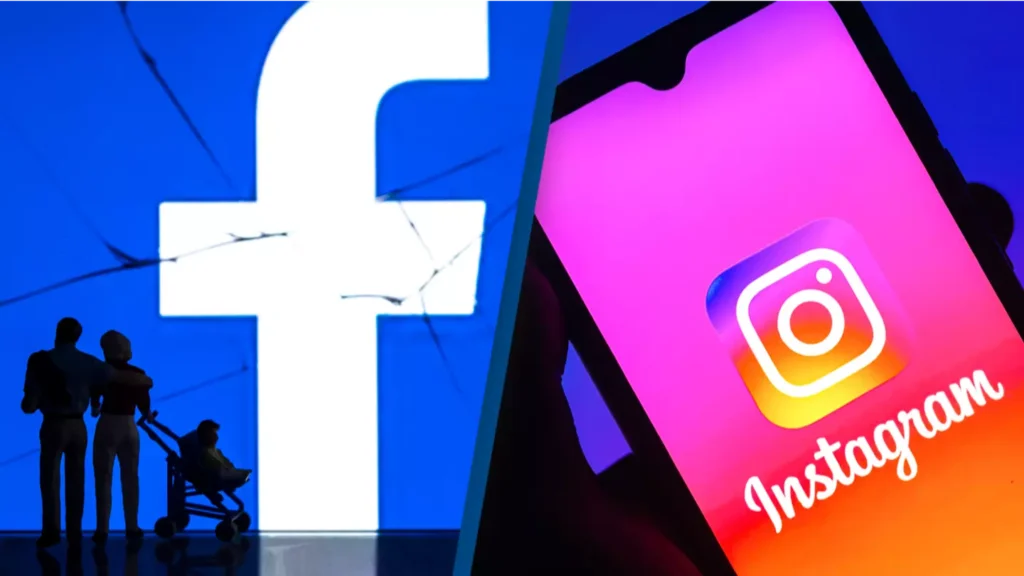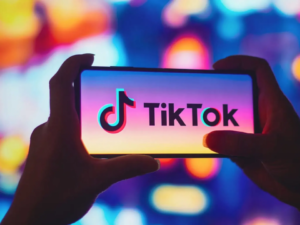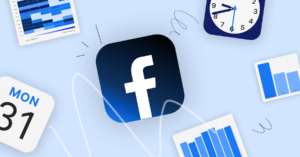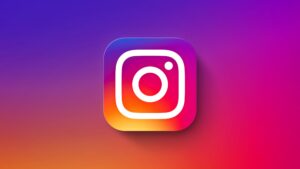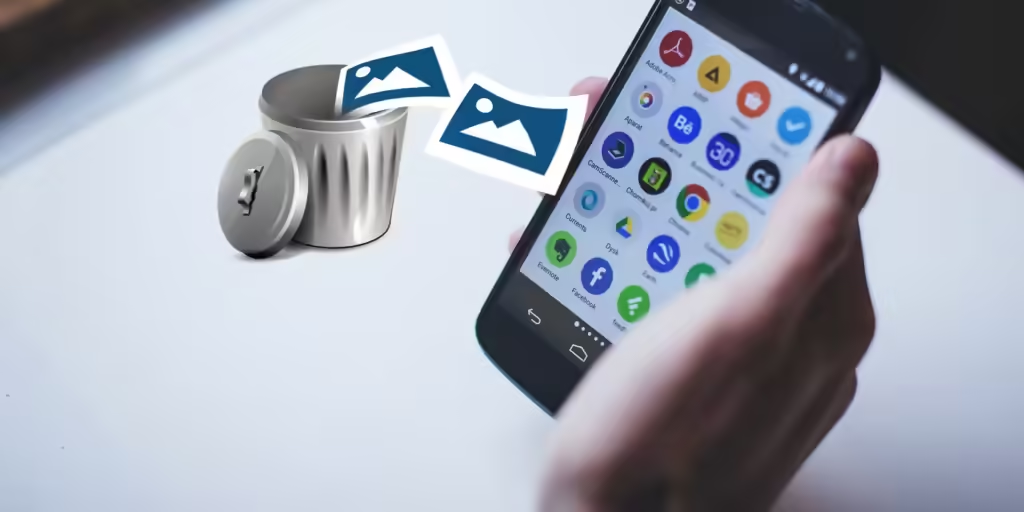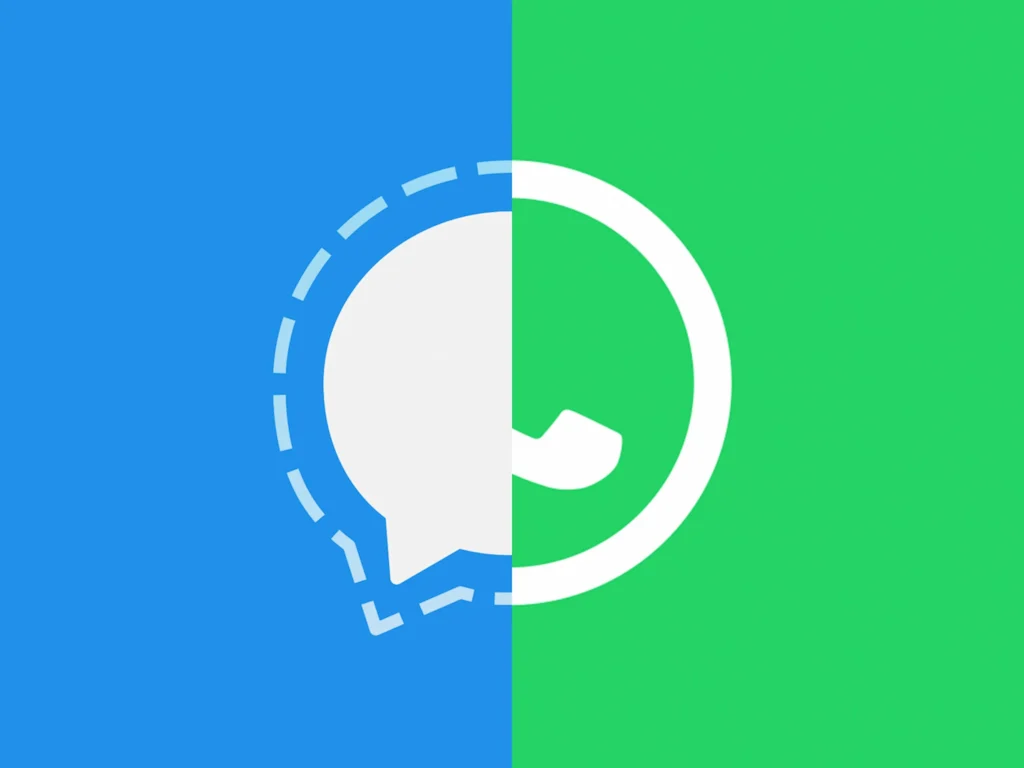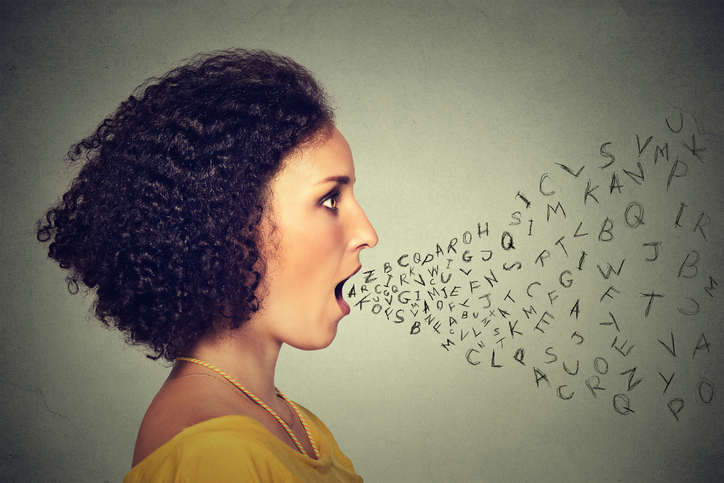In today’s digital age, social media platforms like Facebook, Instagram, Twitter, and Snapchat have become integral parts of our daily lives. They offer ways to connect with friends, share moments, and stay informed about the world. However, beneath the surface of likes, shares, and retweets lies a darker reality: social media can significantly damage your life and time. In this article, we will delve into how social media can be detrimental to your well-being, productivity, and overall quality of life.
1. The Time Sink: How Social Media Consumes Your Day
One of the most immediate impacts of social media is the amount of time it consumes. According to recent studies, the average person spends about 2-3 hours per day on social media platforms. This equates to nearly a full day each week dedicated solely to scrolling, liking, and commenting.
The Illusion of Connection: While social media promises to keep us connected, the interactions are often shallow and fleeting. Real-life conversations and meaningful connections are replaced by quick likes and comments, leading to a sense of isolation rather than true companionship.
The Endless Scroll: Social media platforms are designed to keep you engaged for as long as possible. Features like infinite scrolling, autoplay videos, and notifications are engineered to capture your attention and keep you coming back. This design manipulation exploits your brain’s reward system, making it difficult to put your phone down.
2. Mental Health Implications: Anxiety, Depression, and Stress
Social media usage has been linked to a range of mental health issues, including anxiety, depression, and stress. The constant exposure to carefully curated images and posts can create unrealistic expectations and a sense of inadequacy.
Comparison Trap: Seeing others’ highlight reels can make you feel like you’re missing out or not measuring up. This comparison can lead to feelings of jealousy, inadequacy, and low self-esteem. Over time, this can contribute to chronic stress and anxiety.
Cyberbullying and Online Harassment: The anonymity of social media can encourage negative behavior, including cyberbullying and harassment. Victims of online abuse can experience severe emotional distress, which can have long-lasting effects on their mental health.
Sleep Disruption: Excessive social media use, especially before bed, can disrupt sleep patterns. The blue light emitted by screens interferes with the production of melatonin, a hormone that regulates sleep. Poor sleep can exacerbate mental health issues and reduce overall well-being.
3. Impact on Productivity: Procrastination and Distraction
Social media is a major source of distraction and procrastination. Whether it’s during work hours or personal time, the temptation to check social media can interrupt your focus and reduce your productivity.
Multitasking Myth: Many people believe they can multitask effectively, but studies show that multitasking reduces productivity and cognitive performance. Switching between tasks, like working and checking social media, can lead to more mistakes and longer completion times.
Workplace Disruptions: In the workplace, social media can be a significant distraction. Employees who frequently check their social media accounts may find it challenging to stay focused on their tasks, leading to decreased work performance and job satisfaction.
Study and Learning: For students, social media can interfere with studying and learning. The constant notifications and the urge to check updates can break concentration, making it difficult to retain information and perform well academically.
4. Social Media Addiction: Understanding the Cycle
Social media addiction is a real and growing concern. Like other forms of addiction, it involves compulsive behavior and a lack of control over usage, despite knowing the negative consequences.
Reward System: Social media platforms use algorithms that exploit your brain’s reward system. The likes, comments, and shares you receive trigger dopamine releases, creating a sense of pleasure and reinforcing the behavior.
FOMO (Fear of Missing Out): FOMO is a psychological phenomenon where individuals fear missing out on rewarding experiences that others are having. This fear drives people to constantly check their social media feeds, leading to compulsive behavior.
Withdrawal Symptoms: When trying to reduce social media use, individuals may experience withdrawal symptoms similar to those of substance addiction. These can include irritability, anxiety, and a strong urge to return to the platform.
5. The Impact on Relationships: Superficial Connections
While social media can help maintain long-distance relationships, it often undermines real-life interactions and connections. The quality of your relationships can suffer as a result.
Reduced Face-to-Face Interactions: Spending excessive time on social media can reduce the time spent with family and friends in person. Face-to-face interactions are essential for building strong, meaningful relationships.
Miscommunication: Online communication lacks the nuances of in-person conversations, such as tone of voice and body language. This can lead to misunderstandings and conflicts that wouldn’t occur in face-to-face interactions.
Emotional Disconnection: The constant engagement with social media can create an emotional disconnect. Instead of being present in the moment and engaging deeply with those around you, your attention is divided between the real world and the digital world.
6. Physical Health Consequences: The Sedentary Lifestyle
The sedentary nature of social media use can have detrimental effects on your physical health. Prolonged sitting and reduced physical activity can contribute to a range of health issues.
Obesity and Weight Gain: Spending large amounts of time sitting and engaging with social media can lead to a sedentary lifestyle, increasing the risk of obesity and related health conditions.
Posture Problems: Constantly looking down at your phone or computer can cause poor posture, leading to neck and back pain. Over time, this can result in chronic musculoskeletal issues.
Eye Strain: Extended screen time can cause digital eye strain, characterized by dry eyes, headaches, and blurred vision. This can affect your overall comfort and productivity.
Conclusion: Taking Control of Your Social Media Use
While social media offers benefits in terms of connectivity and information sharing, it is crucial to be aware of its potential downsides. Here are some strategies to mitigate the negative effects:
- Set Time Limits: Use built-in tools on your phone or third-party apps to limit the amount of time spent on social media.
- Schedule Social Media Breaks: Designate specific times of the day for checking social media and stick to them.
- Prioritize Real-Life Interactions: Make an effort to spend more time with friends and family in person.
- Practice Mindfulness: Be mindful of how social media makes you feel and take breaks when needed.
- Engage in Physical Activity: Incorporate regular exercise into your routine to counteract the sedentary nature of social media use.
By taking proactive steps to manage your social media use, you can reclaim your time, improve your mental and physical health, and build stronger, more meaningful connections.
